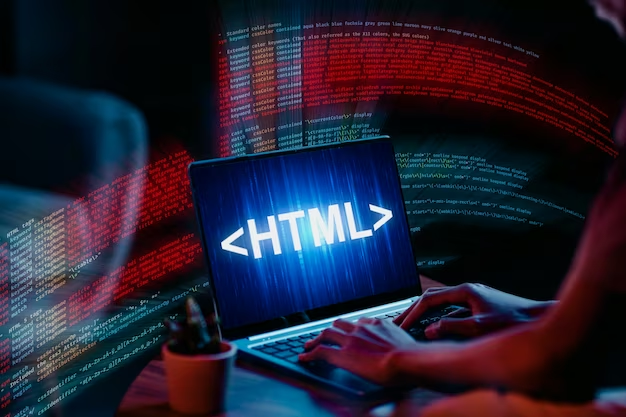Choosing the right programming language for game development largely depends on your goals, the type of games you want to create, and the game engine you plan to use. Here are some popular programming languages for game development: Game Source Code, Barber Shop Hair Cut Salon 3d, Ludo Game Unity Source Code Free, Unity game source code, Rpg games Unity source code, Top trending Unity source code, Source code game

- C#: C# is one of the most widely used languages for game development, especially with the Unity game engine. Unity supports C#, making it a great choice for 2D and 3D games on various platforms.
- C++: C++ is known for its high performance, making it a preferred language for developing game engines and resource-intensive games. Unreal Engine, one of the leading game engines, uses C++ as its primary language.
- Java: Java is often used for Android game development. You can create 2D and 3D games for Android platforms using the Android SDK and various game development libraries.
- Python: Python is well-regarded for its ease of use and versatility. It’s commonly used for developing 2D games with libraries like Pygame. It’s a great choice for beginners.
- JavaScript: JavaScript is commonly used for web-based games and is essential for creating interactive web content. You can use HTML5 and WebGL for web game development.
- GDScript: GDScript is a language designed for use with the Godot game engine. It’s similar to Python and offers a beginner-friendly approach to game development.
- Lua: Lua is often used for scripting in game development. It’s lightweight and is commonly found in game engines like Unity (for custom scripts) and game creation platforms like Roblox.
- Haxe: Haxe is a cross-platform language that can compile to various game development platforms, including HTML5, Android, and more.
- Rust: Rust is gaining popularity for its emphasis on memory safety and performance. It’s used in some game engines and for specific game development tasks.
- Swift: Swift is primarily used for iOS and macOS game development. It’s the language for creating games on Apple platforms.
When deciding on a language, consider the platforms you want to target, your familiarity with the language, and the game engine you plan to use. Many game engines support multiple languages, allowing you to choose the one that best suits your project and skill level. Ultimately, it’s essential to learn the language that aligns with your game development aspirations.
Read Here More Blogs:-
Why Source Code is Important for Game Development
Unlock Game Development Potential: Explore and Sell Unity Source Code




